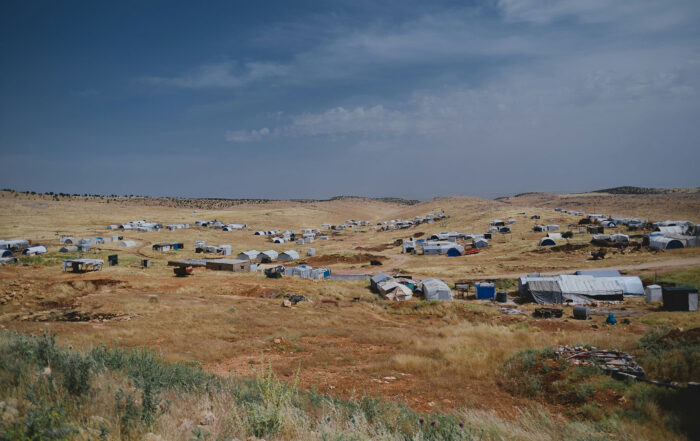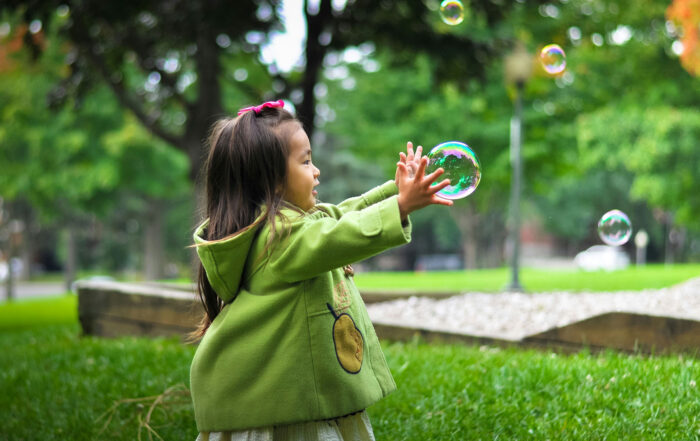
To identify core components of parent/caregiver integration into evidence based child trauma treatment models, specifically those parents/caregivers who have experienced trauma themselves. The Parent/Caregiver Trauma and Healing Coordinating Group (PCTHCG) of the National Child Traumatic Stress Network examined existing scholarly literature, gathered input from clinical experts and parent partners, and assessed child trauma treatments. Eleven core components were identified through pooled sources of the available literature, clinical and parent/caregiver partner expertise, and information from existing evidence-based child trauma treatment models. Core components identified: engagement of parent/caregiver, assessment, parenting, coregulation, attachment, relationship repair, support of parent/caregiver, emotional coaching, addressing parent/caregiver trauma history and symptoms, and parent/caregiver appraisal and meaning making. To further validate these core components, the PCTHCG invited child trauma treatment model developers (N = 11) to indicate the presence of these components in their models and describe how their models attend to parent/caregiver trauma.
Subsequently, a Core Components of Trauma Informed Child Treatment Models Related to Parent/Caregiver Trauma Grid (Core Components Grid) was developed. Despite general consensus that it is beneficial, few studies thoroughly explore the impact of parent/caregiver inclusion, specifically those who have experienced trauma, in their child’s trauma treatment. There is a significant need for future studies on the impact and mechanisms of parent/caregiver trauma and the integration into child trauma treatment. The Core Components Grid is intended to move the field forward toward a more structured examination of parent/caregivers who have experienced trauma and their inclusion in their child’s trauma treatment. (PsycInfo Database Record (c) 2020 APA, all rights reserved)
Share This Post!
Many Refugees Dealing with Trauma Face Obstacles to Mental Health Care
By Erica Zurek and Alander Rocha Refugees are arriving in the U.S. in greater numbers this year after resettlement counts reached a 40-year low under President Donald Trump. These new arrivals, like [...]
The Dangerous Impact of Racial Trauma on the Black Community
By Maia Niguel Hoskin Psychologists use the term trauma to describe an emotional response to a terrible event like an accident, rape, or natural disaster. Racial trauma, or race-based traumatic stress, [...]
California Surgeon General on Covid: ‘Greatest collective trauma’ of a generation
By Maanvi Singh When Dr. Nadine Burke Harris was first appointed California surgeon general, she set out to address the toxic stress and trauma plaguing the state’s most vulnerable residents. Then [...]
States Address ACEs and Trauma and Build Resilience
By Anna Heard Adverse childhood experiences (ACEs) are potentially traumatic events that can affect a person’s health, well-being and success into adulthood. The COVID-19 pandemic has exacerbated these dynamics by disrupting [...]
Adult ADHD and Childhood Trauma: Is there a link?
By Keri Wiginton If you’re an adult with ADHD, you’re among millions of other grownups who also live with it. Scientists know your genes play a major role in your chances [...]
Uvalde Shooter exhibited ‘almost every warning sign’ expert says
By Nadine El-Bawab The Texas House of Representatives committee report on the Robb Elementary School shooting revealed the accused school shooter exhibited many warning signs in the years, months and days leading [...]







